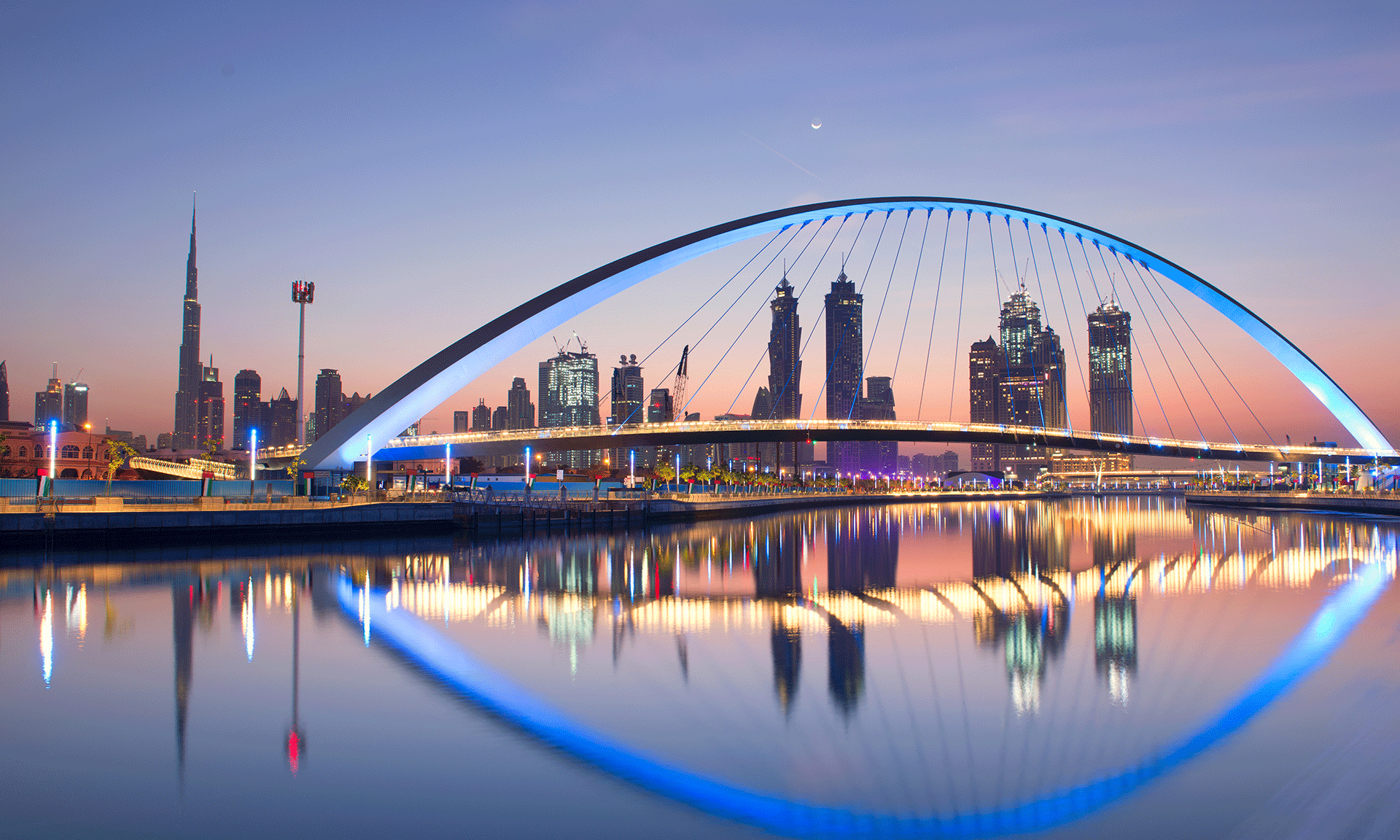Ever since the 1918 Spanish Flu pandemic, the human race has experienced such a profound public health crisis in the recent past due to coronavirus.
Every challenge throws an equal opportunity, and India is no exception. Great opportunities are rising in India’s economic horizon and mainly because of technological and geopolitical changes, new laws, and changing climates.
In addition to direct contributions, these five mega opportunities will also help expand additional manufacturing ecosystems through expansion and new company formation in India relating engineering service providers and ancillaries.
Data Center Business:
As Post covid social distancing measures keeping us indoors, the demand for web-enabled services has risen dramatically.
The emergence of 5G technology, likely to be launched by the end of 2021, will further increase IoT (Internet of Things) enabled products in the Indian market. The ever increasing demand for more data center capacity is all set to continue the exponential growth curve.
The digital transformation programs were undertaken in India across all businesses for staying viable and competitive, and individual domestic users staying more and more online will also propel the demand for more data centers.
The present data center market in India is pegged around $2 billion, and the projected growth rate is approximately 25% taking the figure to $5 billion by the year 2024.
The 8 major cities in India have around 7.5 million square feet of space, accommodating various data centers. As per industry estimates, some 10 million square feet additional space is likely to be added over the next three years. The adoption of IaaS (Infrastructure as a Service), SaaS (Software as a Service), and PaaS (Platform as a Service) will receive further impetus once 5G is rolled out and will invariably increase the physical presence of cloud service providers requiring more space and increasing data centers revenue.
The data localization proposition by the government mandating personal data storage within the country will further increase the demand for more data centers in India. Reserve Bank of India (RBI, the regulatory body of the Indian Banking System) has already made local data storage compulsory for all financial institutions.
Big business houses and technology firms, e.g., Microsoft, Reliance, Oracle, Hiranandani, and Adani have already committed more than $ 15 billion investment over the next 5 years to set up new data parks across the country well as expanding the existing ones. CtrlS, Nxtgen NTT, the other players in this market are equally optimistic. Hiranandani group has set up Asia’s largest data center in Navi Mumbai with 0.82 million square feet of space.
The Indian government has already launched a Big Data management policy through CAG. Though in the nascent stage, Big Data can be the strongest driver of data center investment in the Indian market offering New business opportunities in India.
Electronics Manufacturing:
Presently, India’s domestic electronics manufacturing market stands at $70 billion, only 3.3% globally, with export of $ 11.28 billion in FY20. Like America, Japan, and South Korea are planning to shift their manufacturing base from China, India could be a major beneficiary with a potential of $180 billion in exports by 2025.
As the digital revolution sweeping across India, with more and more people acquiring new products and technologies powered by IoT, AI, ML, and Big Data, the Indian Electronics manufacturing sector is all set for unprecedented growth. Apart from smartphones, laptops, and other electronic gadgets, there is also increased use of electronic products and components in automotive, lighting, and communications.
An incentive scheme of $ 6.65 billion has been launched this year for five global smartphone manufacturers to boost domestic electronics manufacturing. India also plans for product linked incentives for the top five domestic smartphone companies for producing $ 133 billion smartphones and components by 2025.
Lured by the incentive schemes, some 22 Indian and global firms, including Samsung, Lava, and Dixon, have proposed 11 lakh crore worth of mobile production in the next five years. Bajaj Electronics, BHEL, ITI are also planning for increased investment in this sector. Taiwanese manufacturer for Apple iPhones Foxconn wants to incest $1 billion for expanding the Chennai unit, and Wistron, another Taiwanese firm, plans an additional $ 155 million investment in Bangalore.
Water Management:
India needs a reliable and robust water management system to meet drinking water, agricultural and industrial requirements and needs approximately $ 100 billion investment in the next five years as part of India’s ” Nal Se Jaal” scheme and intelligent and innovative water management tools and applications.
Application of SCADA (Supervisory control and data acquisition) and Smart Water meters are to be used for smart integrated decision-making and automated water management control.
The market size for smart water management will be approximately $ 21 billion by 2024 from $12 billion as of now, and India, with its huge water resource, can be a major beneficiary in this sector.
Thermax, Siemens, GE, Toshiba, Voltas, and L&T are major players in this market, offering smart water management solutions for both the demand and supply side.
Defence Manufacturing:
India happened to be the 2nd largest importer of defence equipment after Saudi Arabia from 2015 to 2019 is all geared up for indigenous defence equipment manufacturing. Under the ” Atmanirbhar Bharat” initiative, India plans to suspend 101 weapons and platforms over the next 7 years, accounting for $ 53.4 billion foreign imports.
With this huge import ban, local high-end technology-driven manufacturing companies e.g. Bharat Forge, L&T HAL, and BHEL, will be the major beneficiaries.
EV Charging:
The introduction of Electric Vehicles (EV) is a major policy decision of the Indian government. As more and more EVs are introduced in the market, India will be needing around 400 000 EV charging stations by 2025, requiring approximately $ 20 billion investment.
Initially, one EV charging kiosk will be installed at every 69,000 petrol pumps in the country and will be expanded afterward. Charging stations at remote areas will further require complete energy back up meaning more investment requirements. Tesla, ABB, Siemens, Schneider, Bosch, and EESL ( Energy efficiency services limited) will be the major beneficiaries as major players in this segment.
Key Takeaway
India can very well become the global manufacturing hub in the recent future and create huge employment opportunities in the country with the right government initiatives and sustainable business policies in the global market.






























 IMC Group
IMC Group